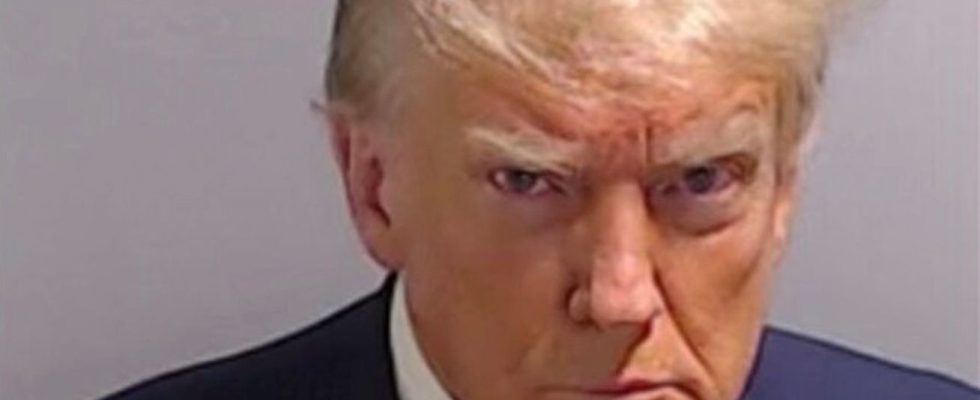The American sociologist Howard Becker, famous in France, passed away this month of August. He was noted for his book Outsiders, which appeared the same year (1963) as Stigmas by Erving Goffman, another figure of the Chicago School. The two authors underlined at the same time that the individuals pointed out by others could experience this situation as an exclusion, but also find resources to make it a strength. Goffman, in particular, describes the subtle issues that can be tied around these stigmas. Symbolic stigmas lie between real and imaginary, because some of them are clearly visible, such as skin color or a physical handicap, while others are only guesswork, such as belonging to a social category. origin or sexual orientation. It is possible to hide them or to simulate them, to assume them or to exhibit them awkwardly while trying to hide them. A frequently noticed strategy is therefore that of “reversal of the stigma”: turning a potential source of shame into a resource of pride. History easily provides illustrations. We immediately think of Aimé Césaire and his claim, both literary and political, of the term “négritude” to reverse its infamous charge and refuse self-depreciation. We also think of the homosexual communities who decided to celebrate their difference with a party – the gay pride – or the notion of pride is explicitly claimed.
Current legal and political events offer us a recent and more ambiguous example. Donald Trump is an amazing figure in American public life. Thus, he holds the record for the number of indictments for a former president of the United States. These are no less than four criminal cases that tarnish his image. Tarnish? It’s not entirely certain. The last, which earned him a brief but humiliating incarceration in an Atlanta prison, led him to sacrifice the ritual of the mug shot. This photo, everyone could see it, especially because Donald Trump himself promoted it. Within hours of his incarceration, his team sold t-shirts, stickers or mugs emblazoned with the face of an angry-looking, battle-ready Trump… and raised more than $7 million! Prisoner P01135809 seems to have immediately understood the interest he could have in returning the stigma. Instead of resigning himself to the feeling of shame, he makes it the symbol of his fight for the truth.
“Never Surrender”
This inversion of the infamous sign also becomes a narrative where his charges are not clues to his guilt but, on the contrary, to his innocence and the relentlessness of the “deep state” which enslaves the “American people”. This conspiracy theme is a classic of Trumpian language. This is not a coincidence, because it turns out that conspiracy theories can also be used to reverse stigmas. The researcher Kenzo Nera recently showed this in his book Conspiracy and quest for identity. In particular, he explores the idea that these theories would allow those who adhere to them to have the hope of regaining control of their lives and healing their identity wounds. They would offer to regain some of the dignity they thought they had lost and even to despise those who remain in denial and are not awake like them: the sheep. The assertions of these conspirators and their claim to be heroic resisters of the present time resemble like two drops of water the rhetoric of the former president of the United States and undoubtedly propose a reversal of the social stigma assigned to them.
This heroization claimed by Donald Trump, who concluded his short incarceration with a tweet, “never surrender”, is interesting in more than one way if we think about the origin of the term “stigma”. In Christian culture, it designates the marks printed on the body of Christ during the torture of crucifixion. Certain saints in History – first and foremost Francis of Assisi – are known to have carried these wounds which are so many soteriological promises. Making the marks of one’s suffering a source of pride and redemption is a deeply rooted narrative theme in our culture. It opens the door to all kinds of heroes – from the most legitimate to the most embarrassing.
